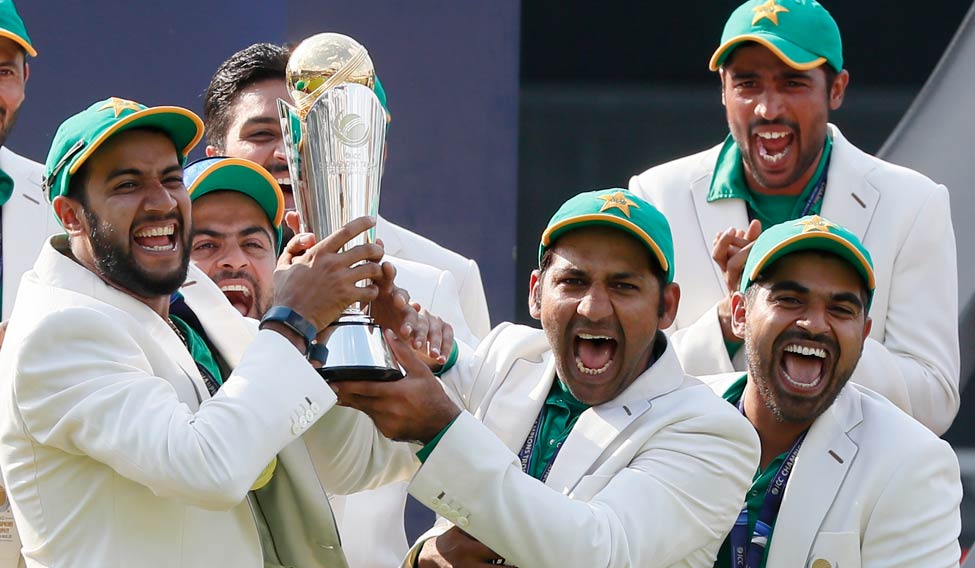Belief plays an almighty role in sports. If you doubt its power, then you forget how Mohammad Ali imposed his will on Sonny Liston and Joe Frazier back in the 1970s.
You might think that talent or preparation or just being the right competitor in the right place and time, are the key factors to champions in sport. Or in life.
I stopped believing that when I got to know Al Oerter.
I grew up wondering how a man could go to four successive Olympic Games, and win the gold medal in his event every time without ever holding the world record.
Big Al stood 1.93m and scaled 127 kilos. He won the discus throwing event at Melbourne 1956, Rome 1960, Tokyo 1964 and Mexico City 1968.
When I interviewed him, he was the head of data processing at an American aircraft company. He was a true blue amateur, still throwing the discus as far as his physical strength could make it go.
Our talk centred on three core traits: desire, dedication, and belief.
I thought of Al Oerter on Sunday while watching, along with two-thirds of a billion viewers, Pakistan’s humbling of India in the Champions Trophy final at the Oval in London.
Pakistan, as you know better than me, is isolated in the sporting world. Its cricket has suffered through nine years of broken relationships. Nine years without playing an official match at home for reasons that are grimly familiar to you.
That isolation appeared to have left its mark when Pakistan was thrashed by India at Edgbaston at the start of this tournament. And even though Pakistan outplayed England in the semi-final, how many of us truly believed that they could become the equal, no the superior, team against India two Sundays later?
You can point to lots of reasons: the reprieve that Fakhar Zaman got after being “out” off a no-ball on just three of his century of runs. The even greater reprieve for Mohammad Amir who, back from his ban for bowling deliberate no balls in a betting scam in London in 2010, is just as potent, just as fast as before his punishment.
The precocity of 18 -year-old leg spinner Shadab Khan, with the ball and in the field.
Or the collective failing of India who, though no one likes to admit it, might well have thought deep down that they had beaten the Pakistanis once, they could do so again.
We would all need to be psychologists to get inside the minds of cricketers on both sides to break down all the causes of success and failure.
Suffice to say that this had echoes of Leicester City’s win in the English Premier League a year ago. The odds were stacked against it, and thank goodness sport every now and then confounds every expectation.
But I like my theory of “belief”, not least because I heard Mickey Arthur, the South African who coaches Pakistan’s national team, say, “We knew we were better than our aberration at Edgbaston. We said after that defeat we are better than that.”
He paused and then added the magic words, “And we believed it.”




